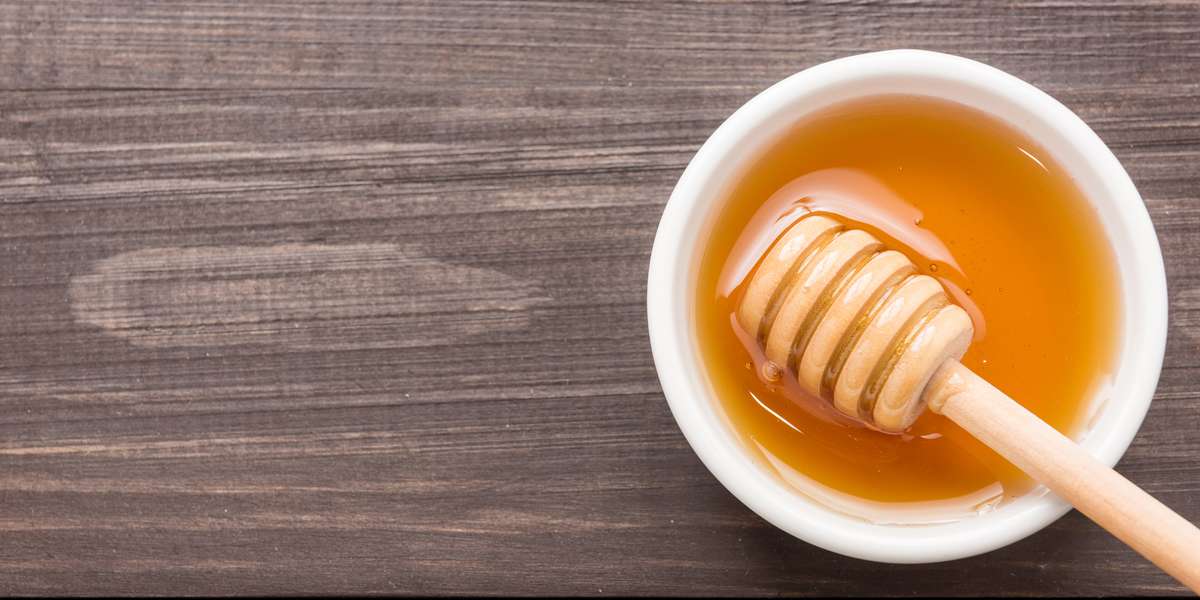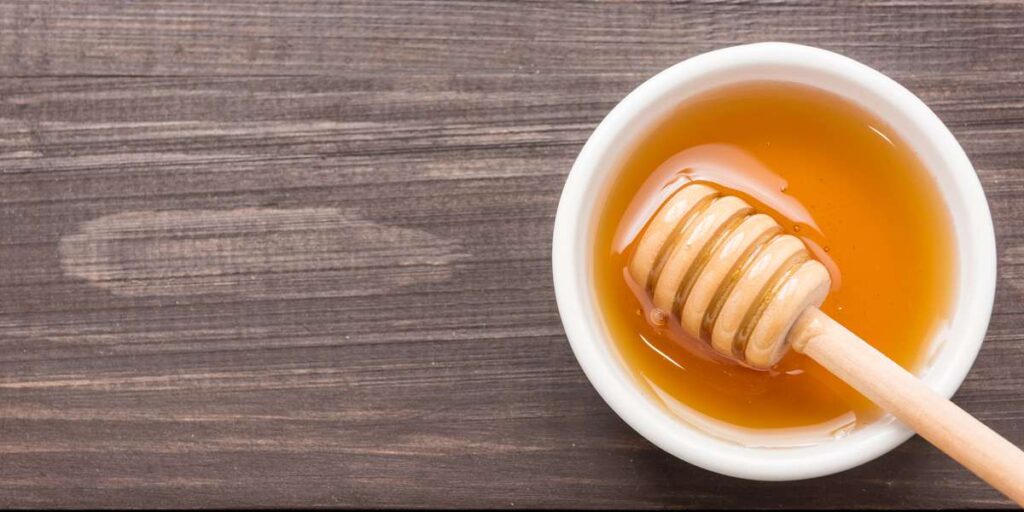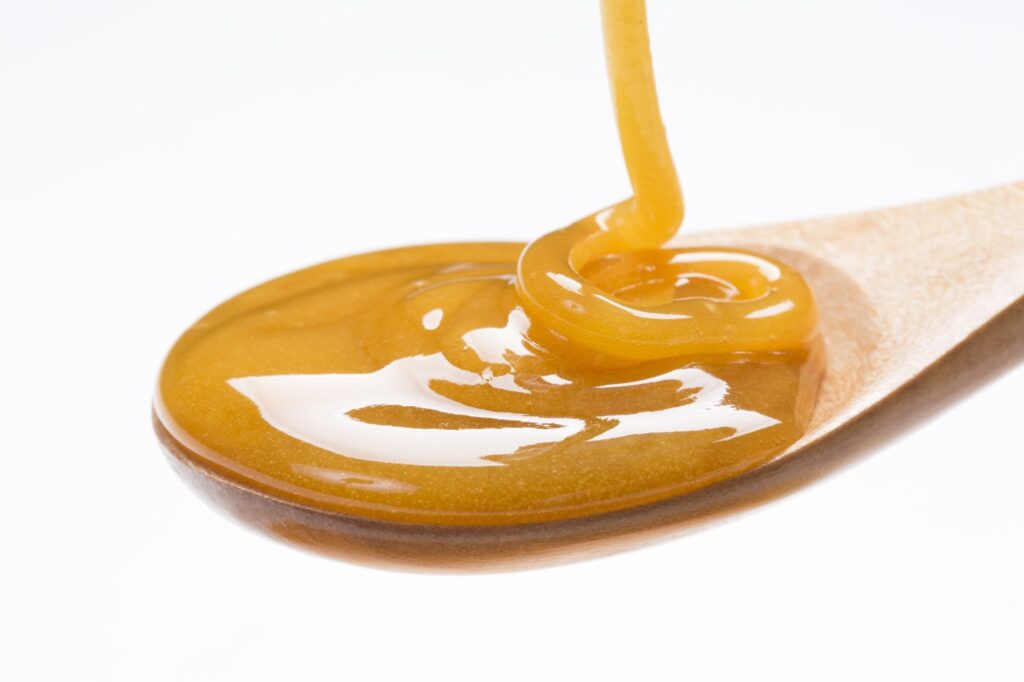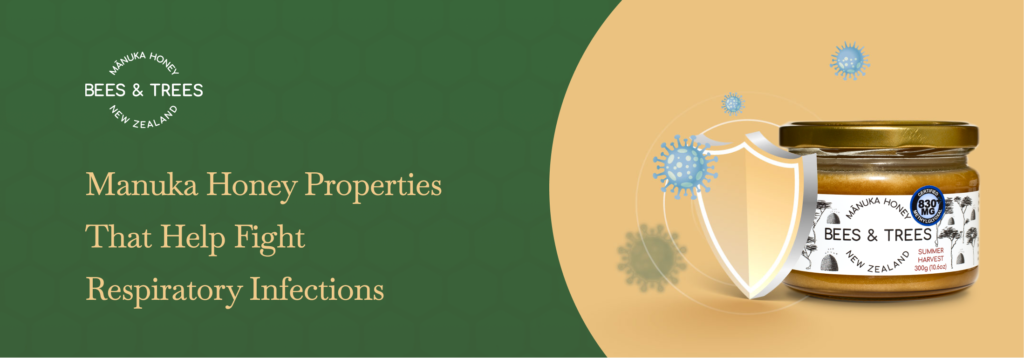
If you’re looking for a natural remedy to soothe your chest infection, look no further than Manuka honey. With its powerful antimicrobial properties, Manuka honey has been used for centuries to combat respiratory illnesses, including chest infections. In this article, you will discover the best methods on how to take Manuka honey to alleviate your chest infection symptoms effectively. From adding it to warm beverages to creating homemade cough syrups, these simple yet effective techniques will have you on the path to recovery in no time. Say goodbye to harsh medications and hello to the natural healing power of Manuka honey.

Choosing the Right Manuka Honey
When it comes to choosing the right Manuka honey, there are a few factors to consider. One important factor is the UMF (Unique Manuka Factor) rating. The UMF rating indicates the level of antibacterial activity in the honey. The higher the UMF rating, the stronger the antibacterial properties. It is recommended to choose Manuka honey with a UMF rating of 10 or higher.
Another important factor to consider is the MGO (Methylglyoxal) content of the honey. MGO is a compound found in Manuka honey that contributes to its antibacterial properties. The higher the MGO content, the more potent the honey. Look for Manuka honey with a minimum MGO content of 100 to ensure its effectiveness.
Opting for raw and pure Manuka honey is also crucial. Raw honey has not been processed or heated, which preserves its natural enzymes and nutrients. Pure Manuka honey does not contain any additives or added sugars. It is recommended to choose Manuka honey that is raw, pure, and free from any contaminants.
Finally, considering your budget is important as Manuka honey can vary in price depending on its quality and rating. While it is tempting to go for the lowest-priced option, it is worth investing in high-quality Manuka honey to ensure its effectiveness.
Consulting a Healthcare Professional
Before starting any new treatment or remedy, it is always advisable to consult a healthcare professional. They can provide valuable guidance and ensure that Manuka honey is safe and appropriate for your specific circumstances.
Seeking medical advice is especially important if you have any underlying medical conditions or are taking medications. A healthcare professional can help determine if there are any potential interactions or contraindications with your current medications.
It is also essential to discuss any known allergies or sensitivities you may have. While Manuka honey is generally safe, individuals with allergies to bees or honey may have an allergic reaction. Your healthcare professional can help determine if you are at risk and provide appropriate recommendations.
During your consultation, your healthcare professional can also assist in determining the appropriate dosage of Manuka honey for your chest infection. They will consider factors such as the severity of your infection, your overall health, and any other medications or treatments you may be undergoing.
Using Manuka Honey as a Chest Infection Remedy
Manuka honey has been found to be effective in relieving the symptoms of a chest infection. Before incorporating it into your treatment plan, it is important to identify the symptoms of a chest infection. These may include coughing, chest congestion, shortness of breath, and chest pain.
One of the key reasons for using Manuka honey as a remedy for chest infections is its antibacterial properties. Manuka honey contains a compound called Methylglyoxal (MGO) which has powerful antibacterial effects. These properties can help fight off the bacteria causing the infection, reducing inflammation and promoting healing.
To maximize the benefits of Manuka honey, it can be combined with other natural remedies. For example, you can add a tablespoon of Manuka honey to warm water along with some lemon juice and ginger for a soothing and healing drink. Additionally, drinking herbal teas infused with Manuka honey can help alleviate symptoms and boost the immune system.
It is important to monitor your progress while using Manuka honey as a chest infection remedy. If you notice an improvement in symptoms, such as a reduction in coughing or improved breathing, this is a positive sign. However, if symptoms persist or worsen, it is important to seek medical advice to ensure proper treatment.
Methods of Consuming Manuka Honey
There are several methods of consuming Manuka honey for a chest infection. The most straightforward method is direct consumption, where you simply take a spoonful of honey and swallow it. This can provide immediate relief and is a convenient option.
If you prefer a more flavorful option, you can create a honey-infused drink. Mix warm water with a tablespoon of Manuka honey, add some lemon juice and ginger for added benefits and taste. This warm drink can soothe your throat and help alleviate congestion.
Another way to consume Manuka honey is by adding it to herbal teas. Choose teas that have immune-boosting properties such as chamomile, echinacea, or peppermint. Add a spoonful of Manuka honey to your tea and enjoy its healing benefits.
Lastly, you can mix Manuka honey with warm water and lemon. This combination is not only soothing but also provides additional health benefits. Lemon is rich in Vitamin C, which can help boost your immune system and aid in the healing process.

Best Time to Take Manuka Honey
When it comes to the best time to take Manuka honey, there are a few options to consider. Taking it before meals allows the honey to coat your throat and respiratory system, providing relief from coughing and congestion.
Taking Manuka honey before bedtime can be beneficial as well. It can help soothe your throat and provide a calming effect, promoting a better night’s sleep. This can be especially helpful if chest congestion or coughing is disrupting your sleep.
Taking Manuka honey on an empty stomach can enhance its absorption and maximize its benefits. When consumed on an empty stomach, the honey is less likely to interact with any other foods or medications in your digestive system.
Experiment with different times and see what works best for you. It is important to listen to your body and determine when you feel the most relief from symptoms.
Duration of Manuka Honey Use
The duration of Manuka honey use for a chest infection can vary depending on the individual and the severity of the infection. In some cases, short-term use may be sufficient for immediate relief of symptoms. This can range from a few days to a week, depending on the progress of your symptoms.
For long-term prevention and maintenance, Manuka honey can be used continuously. Incorporating it into your daily routine can help boost your immune system and prevent future infections. However, it is always advisable to consult with a healthcare professional before starting any long-term use of Manuka honey.

Precautions and Possible Side Effects
While Manuka honey is generally safe for most people, there are a few precautions to keep in mind. If you are allergic to bees or honey, it is important to avoid consuming Manuka honey. Allergic reactions can range from mild symptoms such as itching or hives to more severe reactions that require immediate medical attention.
It is also important to be mindful of the sugar content in Manuka honey, especially if you have diabetes or are following a low-sugar diet. Although Manuka honey contains natural sugars and has a lower glycemic index than regular honey, it is still important to consume it in moderation.
Manuka honey may also interact with certain medications, such as antibiotics or anticoagulants. If you are taking any medications, it is important to consult with your healthcare professional before starting Manuka honey to ensure there are no potential interactions.
Caring for Manuka Honey
Proper storage of Manuka honey is essential to maintain its quality and effectiveness. It should be stored in a cool, dry place away from direct heat and sunlight. Exposure to heat can cause the honey to lose its antibacterial properties and degrade in quality.
Always check the expiration dates on the product. Manuka honey has a long shelf life, but it is still important to ensure that you are using fresh and properly stored honey. Expired honey may not provide the same level of benefits and may even be less effective.
Gauging the Effectiveness of Manuka Honey
Monitoring the improvement of symptoms is an important factor in gauging the effectiveness of Manuka honey for a chest infection. If you notice a reduction in coughing, improved breathing, or overall relief from symptoms, this indicates that the honey is having a positive effect.
However, if symptoms persist or worsen despite using Manuka honey, it is important to seek medical advice. There may be underlying factors or complications that require further medical attention. Your healthcare professional can evaluate your progress and provide appropriate recommendations.
Conclusion
Using Manuka honey as part of a holistic approach to chest infection can provide numerous benefits. By choosing the right Manuka honey, consulting a healthcare professional, and using it in the appropriate way, you can experience relief from symptoms and support your overall health.
It is important to consider individual needs and preferences when incorporating Manuka honey into your treatment plan. By combining the healing properties of Manuka honey with other natural remedies, monitoring your progress, and seeking medical advice when needed, you can maximize the effectiveness of this natural remedy. Remember to always choose high-quality honey, care for it properly, and be mindful of any potential allergies or interactions. With the right approach, Manuka honey can be a valuable tool in managing and preventing chest infections.
